Here & Now' Highlights: Tammy Baldwin, Debra Danforth, John Gross
Here's what guests on the March 17, 2023 episode said about sponsoring bills in the U.S. Senate, health care in Wisconsin's tribal nations and more stringent criminal penalties for overdose deaths.
By Frederica Freyberg | Here & Now
March 20, 2023
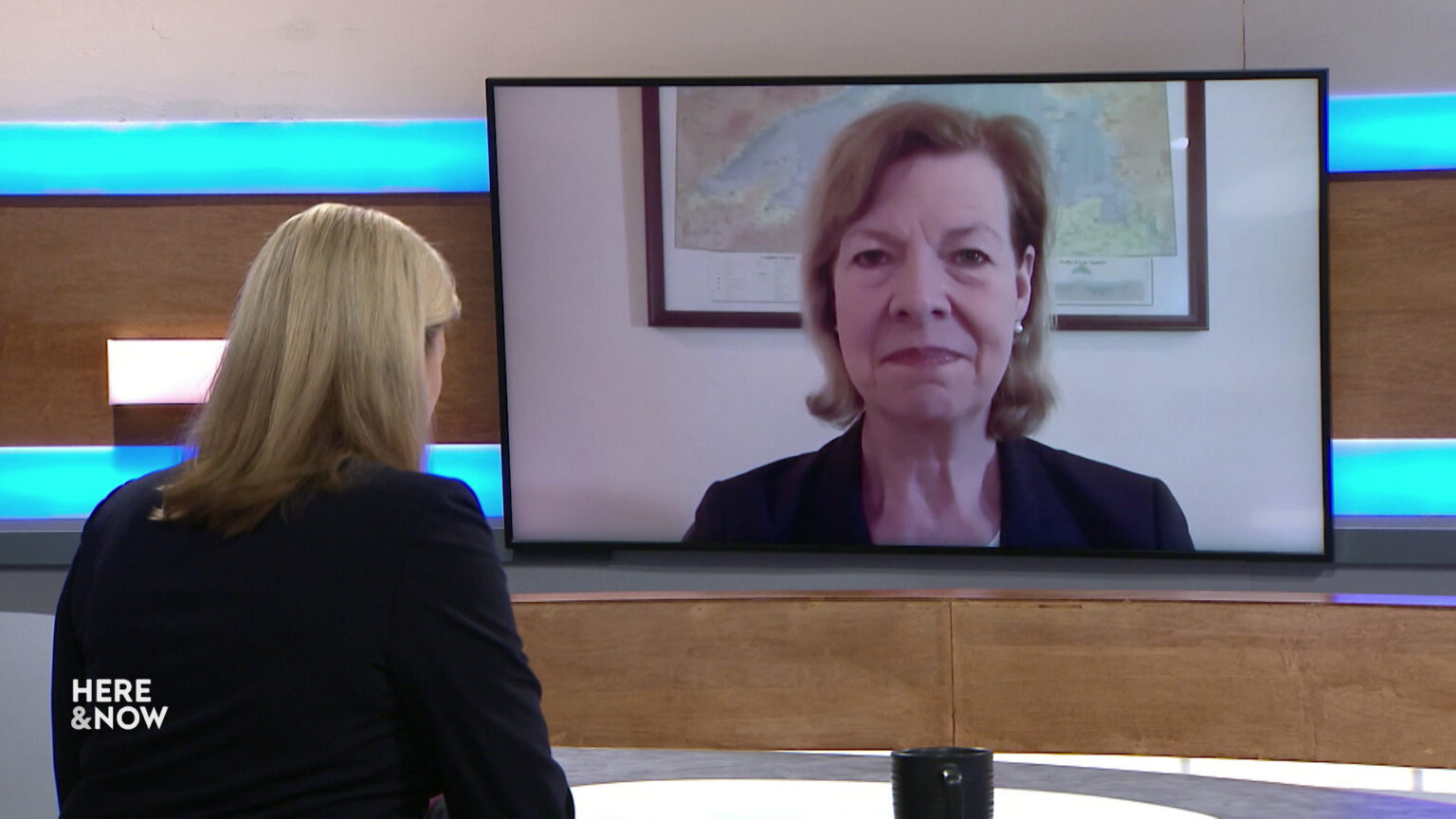
Frederica Freyberg and U.S. Sen. Tammy Baldwin (Credit: PBS Wisconsin)
U.S. Senator Tammy Baldwin explained why she has sponsored bills in Congress that would provide grants to private well owners whose water is contaminated with “forever chemicals,” and to codify abortion access previously covered in Roe v. Wade, among other proposals. Following the 2023 State of the Tribes address, a health care director for the Oneida Nation specified needs for better access to care in Wisconsin’s tribal communities. A University of Wisconsin Law School professor discussed the effectiveness of longer prison sentences for people involved in overdose deaths.
U.S. Sen. Tammy Baldwin
D-Wisconsin
- The Environmental Protection Agency released recommendations for drinking water standards contaminated with PFAS, often called “forever chemicals” — setting them at 4 parts per trillion. Wisconsin had previously set state standards at 70 parts per trillion. The new national standards regulate public water systems, but not private wells. Wisconsin U.S. Sen. Tammy Baldwin, a Democrat, has reintroduced a bill that would provide grants to rural households dealing with PFAS.
- Baldwin: “The ‘Healthy H2O Act’ really focuses on rural communities where so many households depend upon private wells for their source of water. Right now, a lot of folks who use private wells don’t test the water quality on a frequent basis. It’s actually rather expensive. So this will encourage, through use of grants to communities, to up the level of well testing that goes on. And what’s really promising about this legislation is that if contaminants are found like PFAS or others, that the grants also then cover the cost of filtration so that you can uncover the issue and address the issue in the same program.
- Wisconsin has more than one million private wells —- the proposed bill would provide $10 million dollars nationwide.
- Baldwin: “We have to start somewhere.”
- Baldwin has also reintroduced a bill titled the “Women’s Health Protection Act” that includes provisions like prohibiting states from limiting abortion if the health of the mother is in danger.
- Baldwin: “The bill starts by codifying Roe v. Wade at the national level, meaning it would apply in all states, not just states that don’t have local level or state level bans. It means that pre-viability, the state cannot interfere in any way with access to reproductive care, including abortion care. But post-viability, consistent with Roe v. Wade, states can act as long as they’re acting in a way that is consistent with protecting the health and life of the mother. In Wisconsin, these rights have disappeared in an instant when, last summer, the U.S. Supreme Court reversed Roe v. Wade. … There needs to be a recognition that the status quo in Wisconsin is unacceptable. We have a pre-Civil War era criminal abortion ban, and I can’t help but think that that was 70 years before women got the right to vote. There were no women in the Wisconsin Legislature in 1849 participating in the debate, and we know so much more in terms of science and medicine today. It is unacceptable that that is the law of the land in the state of Wisconsin.”
- In the 2023 State of the Tribes address to the Wisconsin Legislature, Sokaogon Chippewa Community Chairman Robert Van Zile said a top issue for tribes across the state is affordable and accessible high-quality health care. The Oneida Nation is among the tribal governments in Wisconsin that have struggled with maintaining staffing for its health care services.
- Danforth: “Many of the tribes, particularly for Oneida, have a great deal of difficulty in terms of recruiting and retaining providers. We’ve had some positions that we’ve had posted probably since even before the pandemic started. So it was difficult prior to and then when the pandemic hit, it even complicated the matters greatly. We are not able to be as competitive as our partners in health care in the surrounding communities. And for Oneida, we’re fortunate in that we’re in a pretty popular location in terms of our access to other health care facilities and other health care systems. However, for the tribes that are much smaller than us, that are located in the northern areas of Wisconsin and throughout the other areas of Wisconsin, it is extremely difficult to try and be competitive with some of the health care systems in those areas. So recruitment and retention has always been an issue, but it has been magnified by the pandemic simply because we can’t be competitive.”
- The state Senate Committee on Judiciary and Public Safety heard testimony on legislation that would increase penalties for people convicted in drug overdoses that are treated as homicides. The bill would increase criminal penalties from the current maximum of 40 years in prison to 60 years.
- Gross: “I think that’s the knee-jerk reaction here, is to say that they’re going to appear to be tough on crime by increasing the penalty. But we have good data that suggests that this type of knee-jerk reaction, it just makes something more punitive — increasing the penalty on it is not going to really impact what decisions people are making, particularly in this area when you’re talking about people who have opioid abuse disorders. So, I think it’s an attempt to appear harsh on crime, but it’s really ignoring the underlying issues that are causing the overdoses. … The scenario I’m imagining is a situation where people are using drugs — someone has gotten drugs, shared them with someone else — and that other person overdoses. We would hope that in that moment they would seek medical attention for the person. But if the message from the state is — if you happen to hand the person the drugs that they used and they are now overdosing you could go to jail for 60 years as a distributor of the narcotic or the opioid — I don’t I don’t think that necessarily is going to prevent overdoses.”
Debra Danforth
Health Division Director, Oneida Nation Comprehensive Health
John Gross
Professor and director of the Public Defender Project, University of Wisconsin Law School
Watch new episodes of Here & Now at 7:30 p.m. on Fridays.
 Passport
Passport




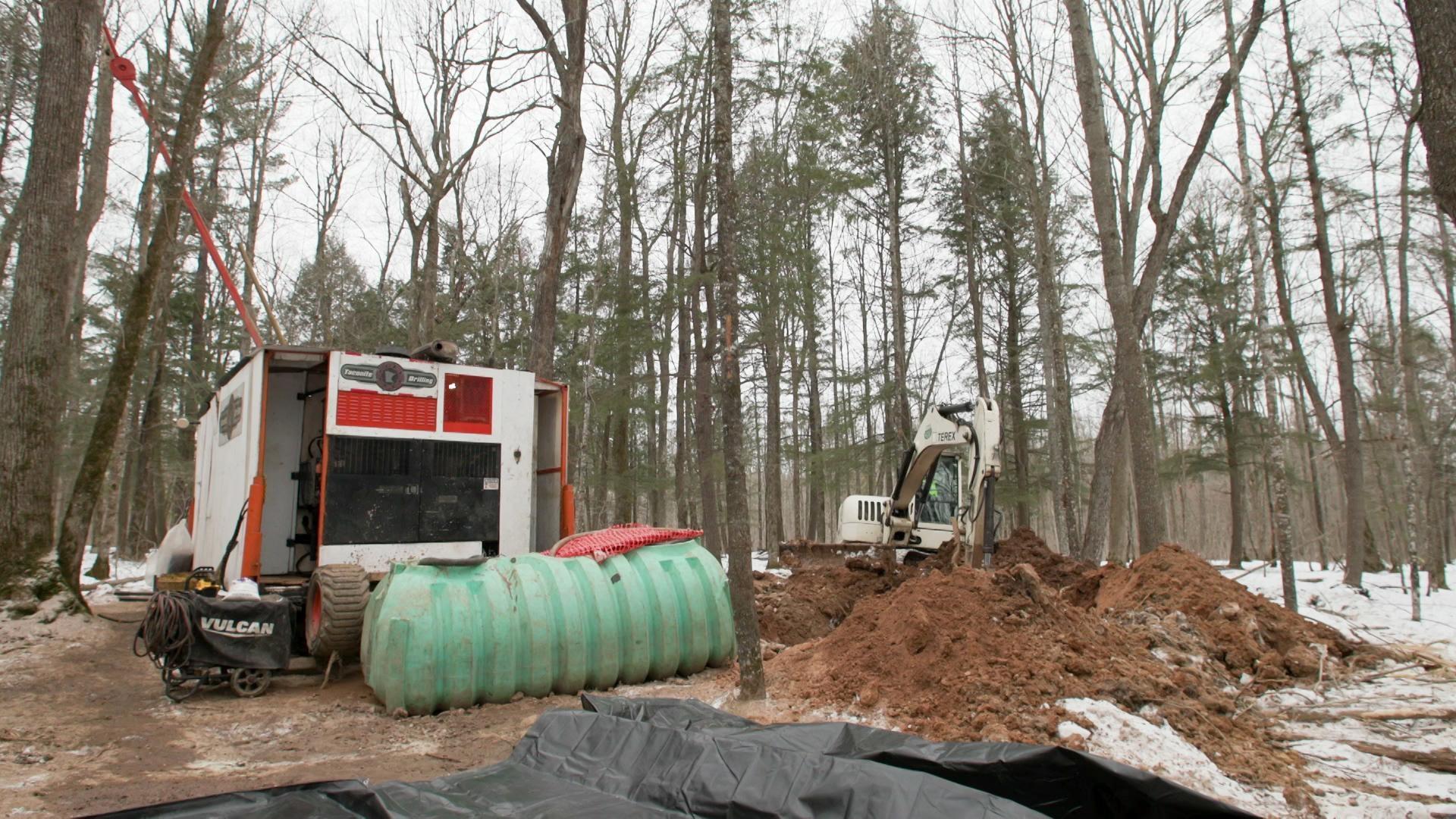
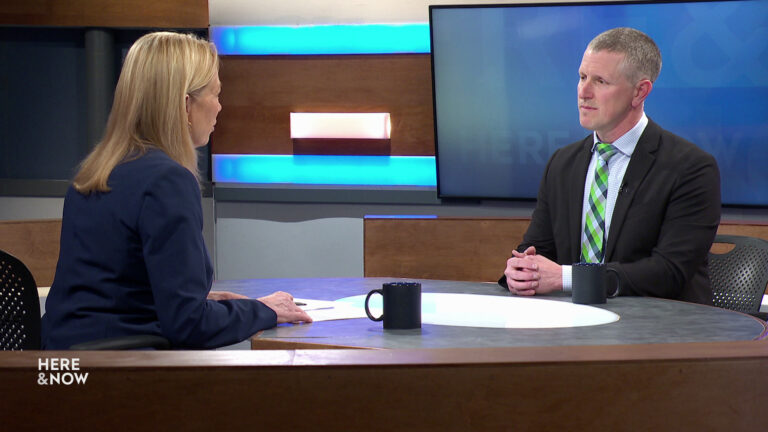
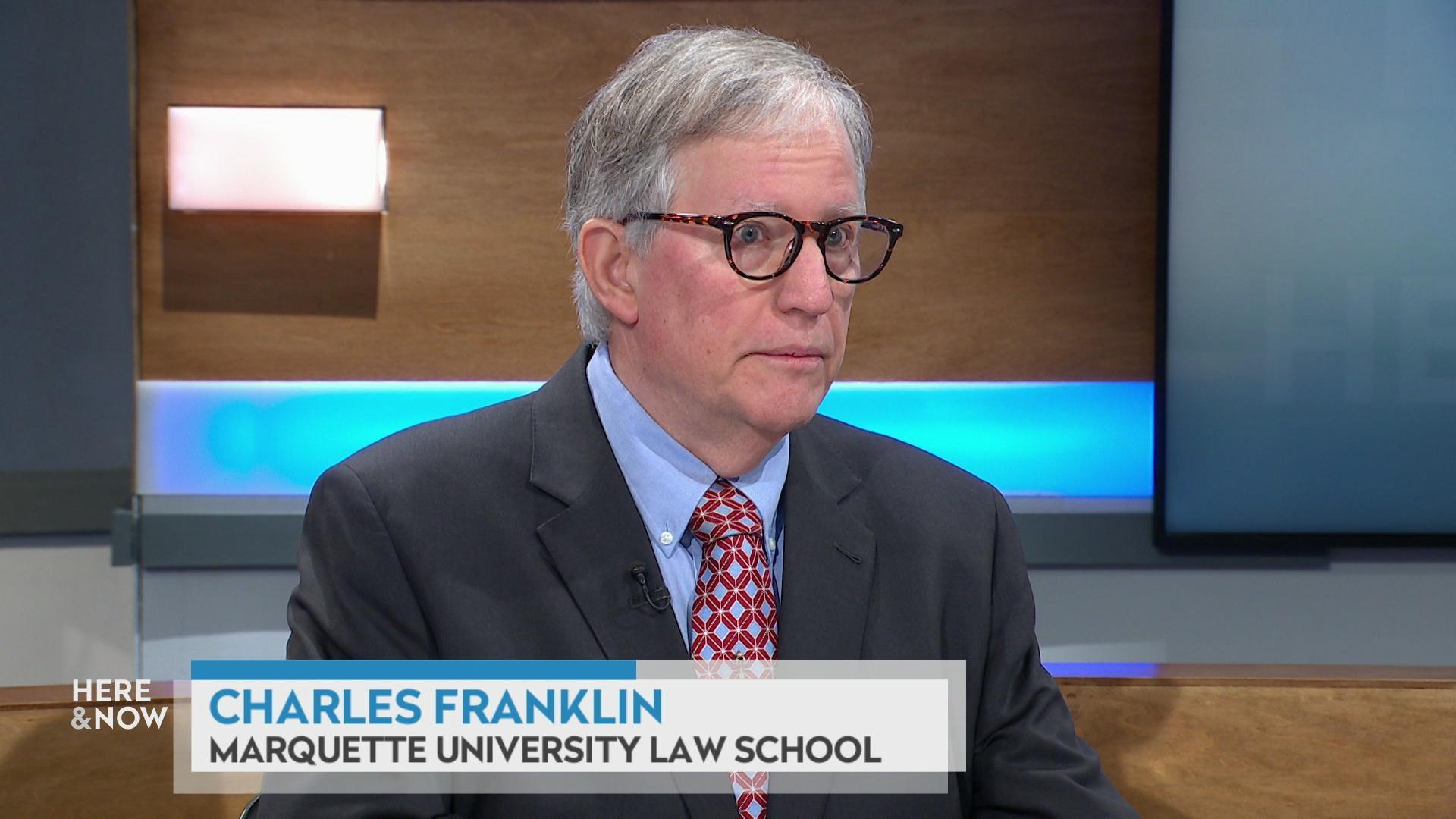
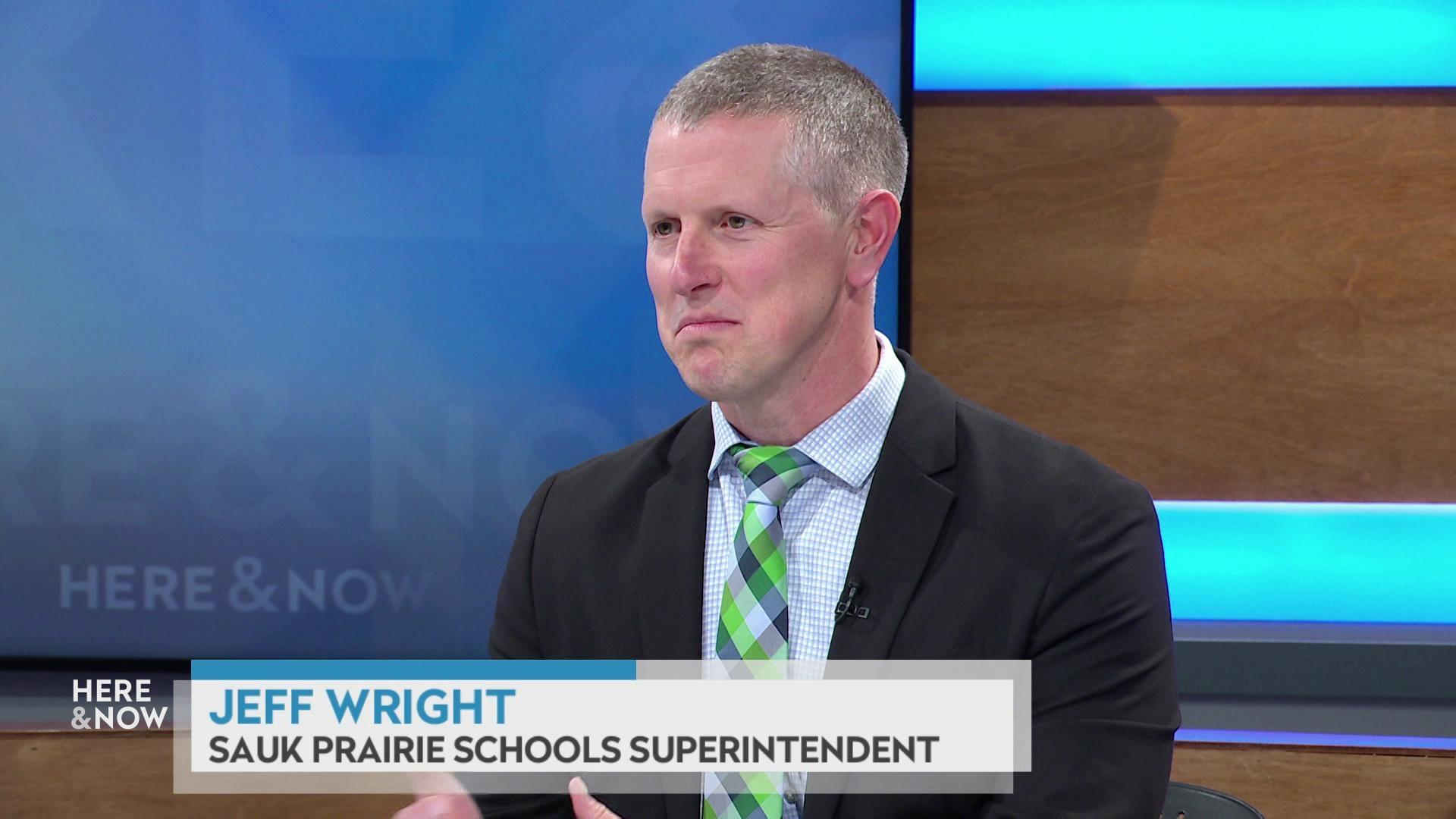
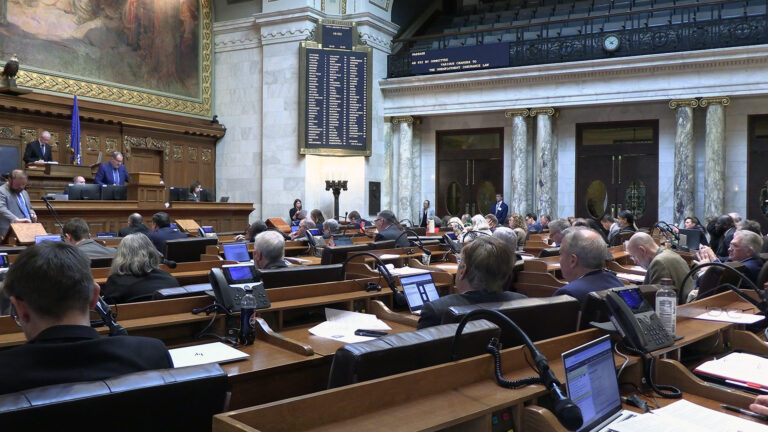


Follow Us